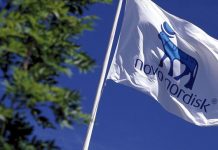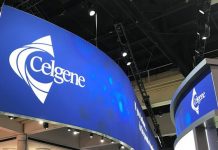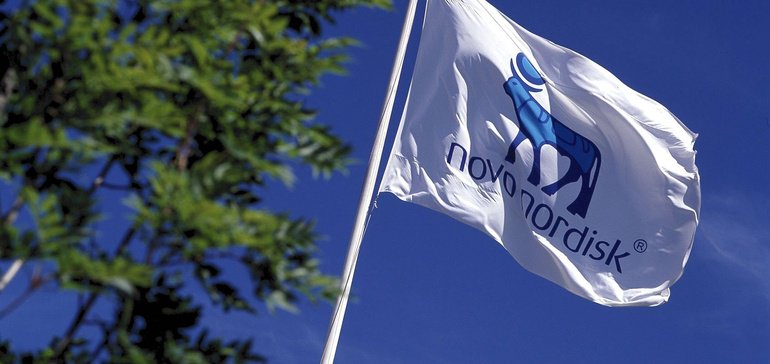Novo is best known for its insulin products like Levemir (insulin detemir) and Tresiba (insulin degludec), as well as other diabetes treatments like the GLP-1 medicine Victoza (liraglutide).
All told, diabetes products accounted for nearly 80% of Novo’s sales over the first six months of 2019.
Since 2016, Novo’s selling and pricing practices for those drugs have been under the microscope. The Danish company is currently defending itself from a number of legal claims related to its diabetes drugs, as well as a slate of federal, state and congressional investigations in the U.S.
The latest suit, disclosed Friday by Novo, claims 11,785,192,218 Danish kroner related to the selling and holding of shares in Novo Nordisk A/S by shareholders party to the suit.
Novo said the allegations are “broadly similar” to those in a class-action lawsuit filed in the U.S. in 2017. That legal challenge claims Novo artificially inflated its financial results and didn’t properly disclose rising rebate payments to pharmacy benefit managers.
Rebates to insurers have grown as fierce competition keeps diabetes drugmakers fighting for formulary access. In 2018, Sanofi handed payers rebates totaling more than half of its gross sales in the U.S., a sum of roughly $12 billion.
Novo CEO Lars Fruergaard Jorgensen said in a recent interview with STATthat his company paid between $17 billion and $18 billion in rebates and fees to pharmacy benefits managers last year, which he said is equivalent to about 10% of all rebates paid in the country.
Patients don’t see those rebates directly, though, and those with high-deductible insurance or without coverage can still face the list price for their diabetes medicines.
For Novo, the U.S. case is being litigated through the federal District Court for the District of New Jersey, which in August of last year rejected Novo’s motion to dismiss. Novo, however, doesn’t “expect the litigation to have a material impact” on the company’s financial position, profits or cash flow.








